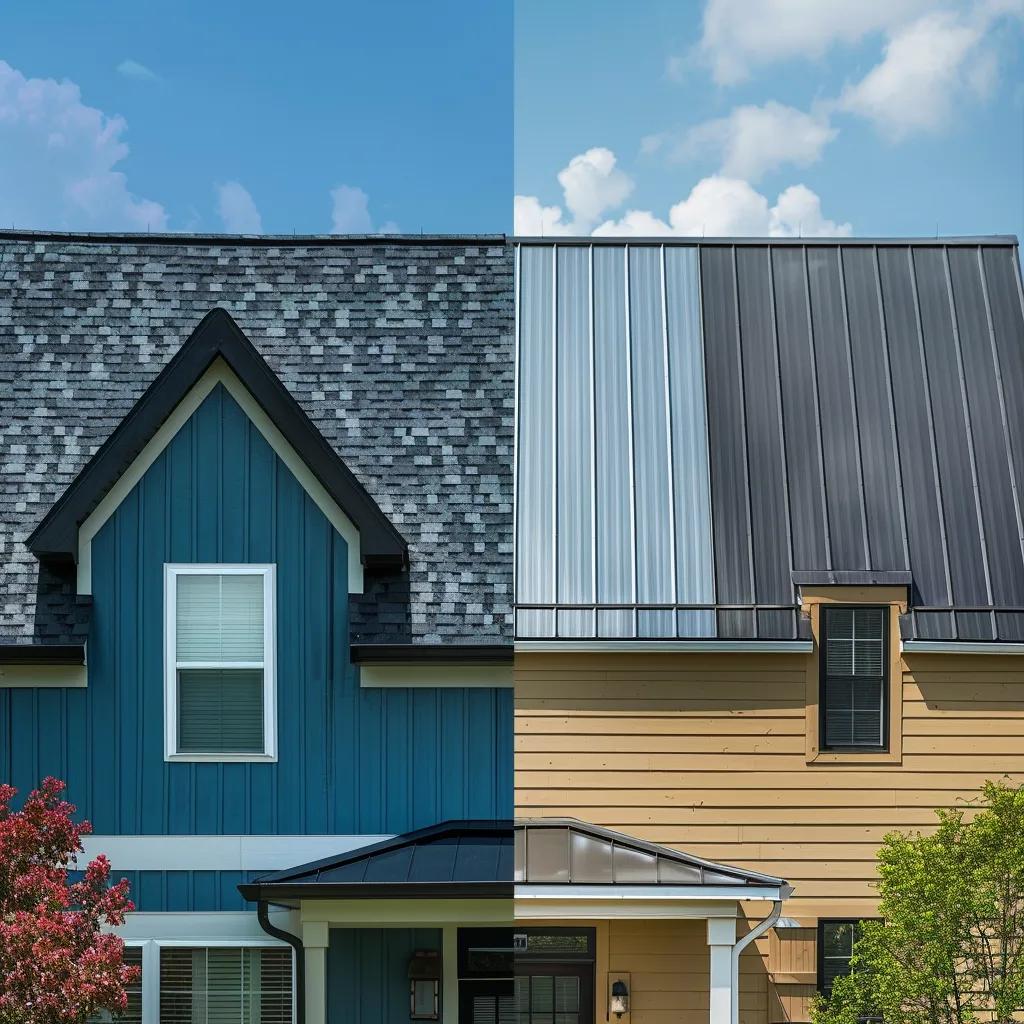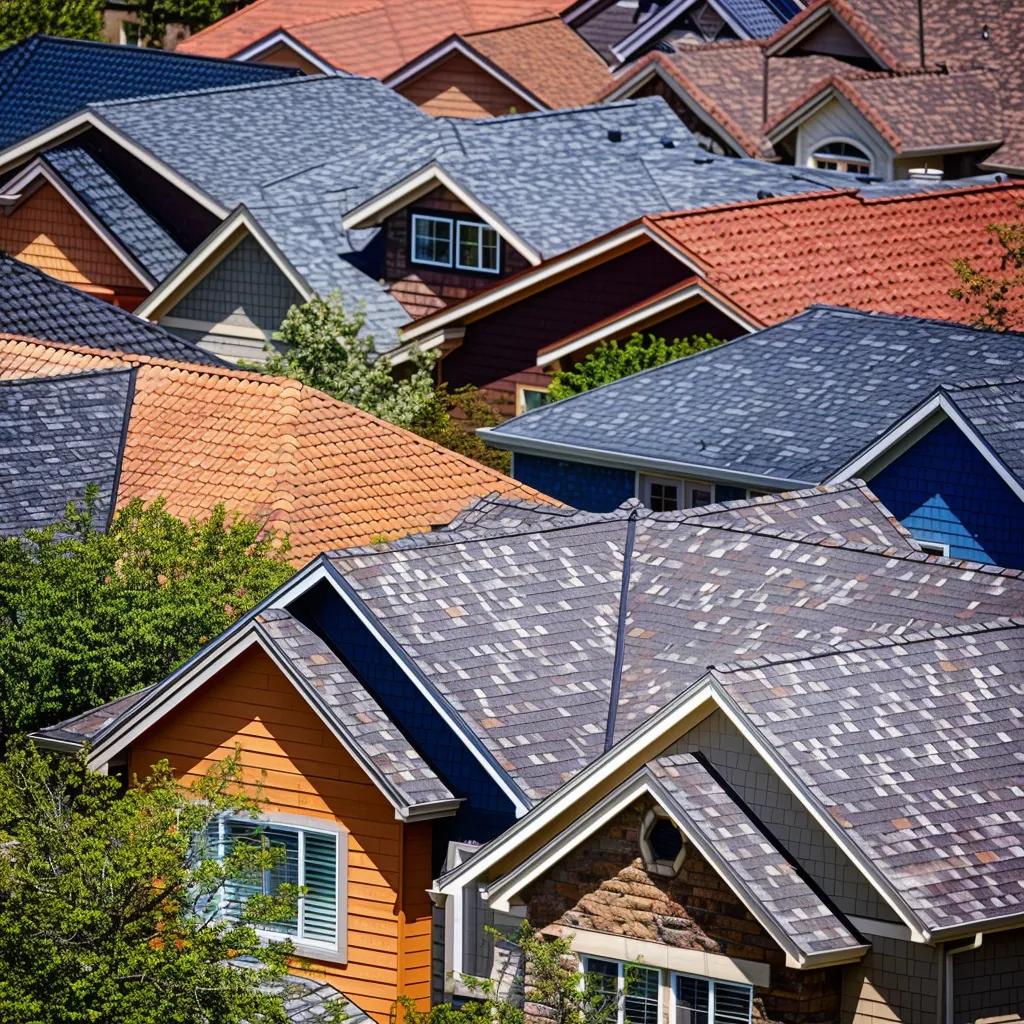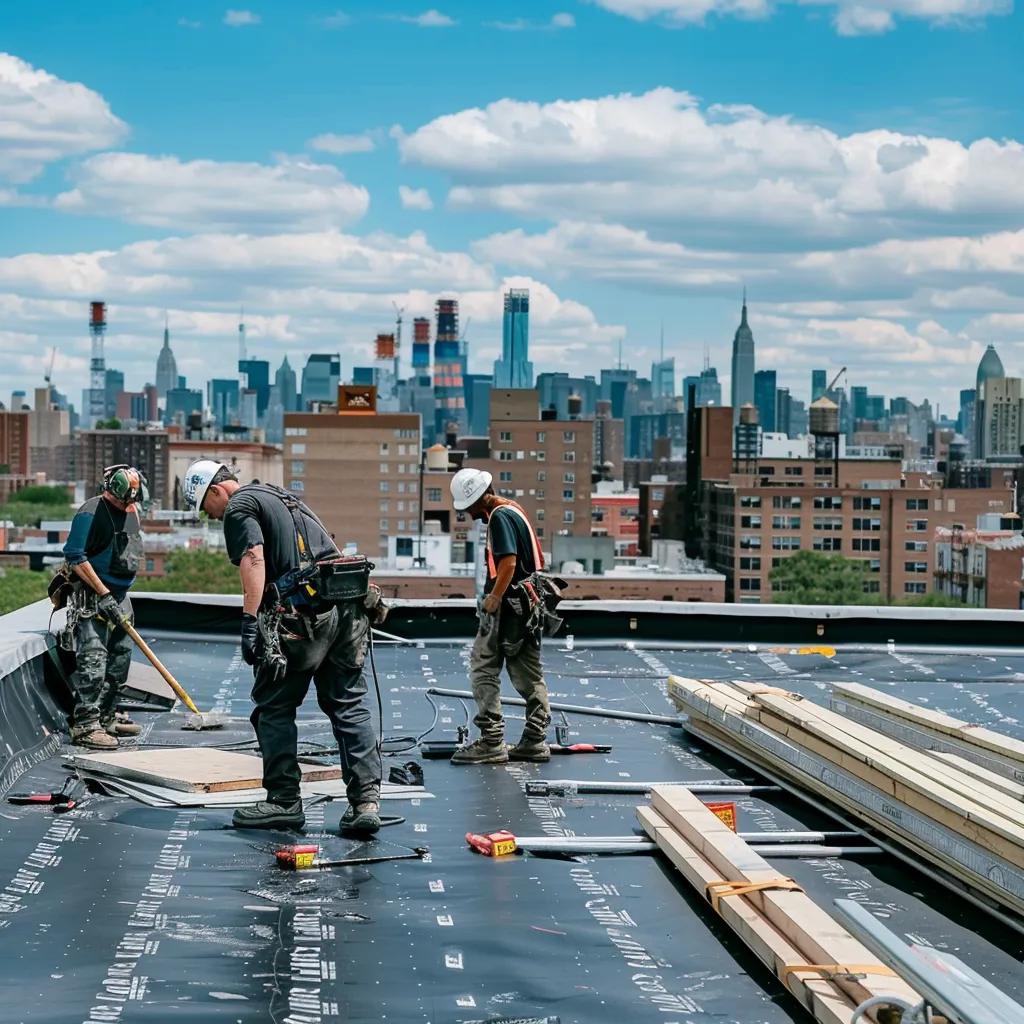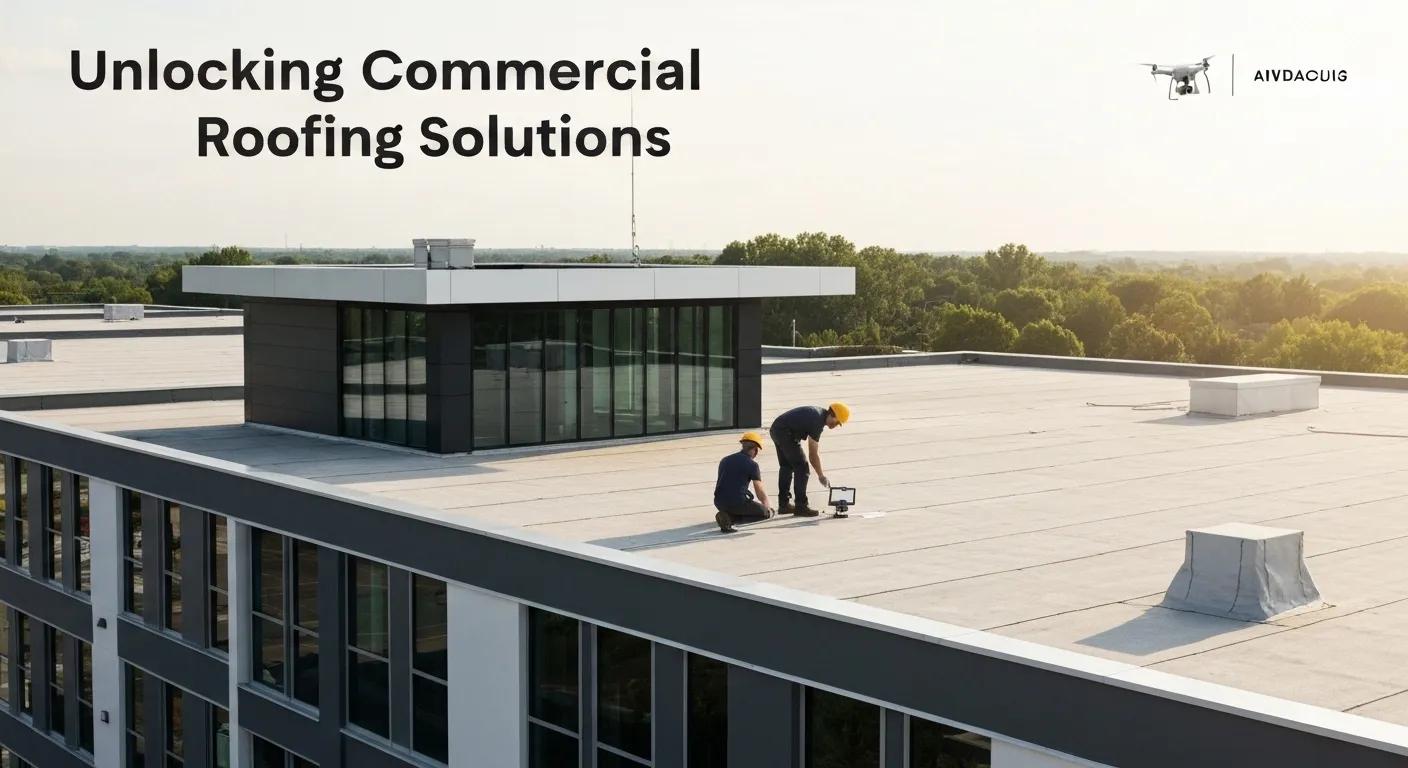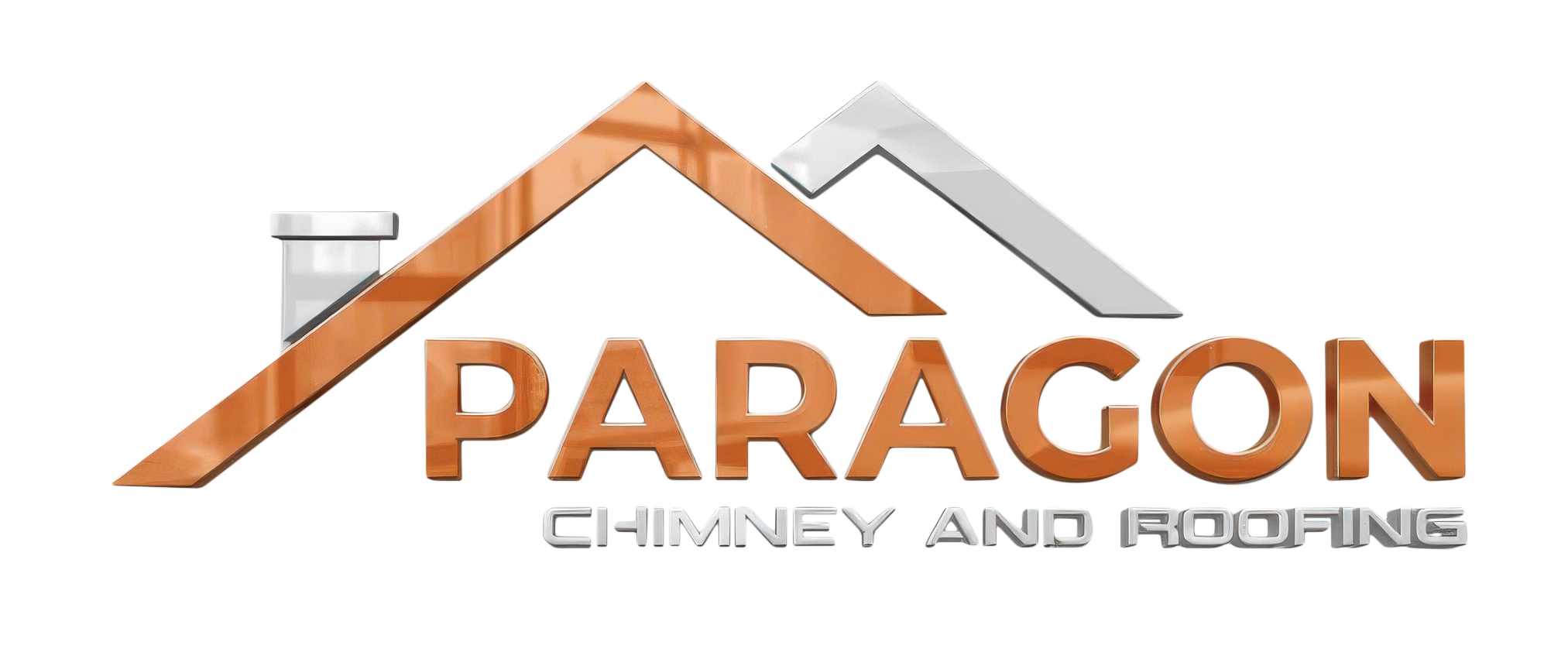Residential Roof Repair & Maintenance Tips: Expert Homeowner GuideRoof Repair Tips: Expert Advice for Homeowners to Identify, Fix, and Maintain Roofs
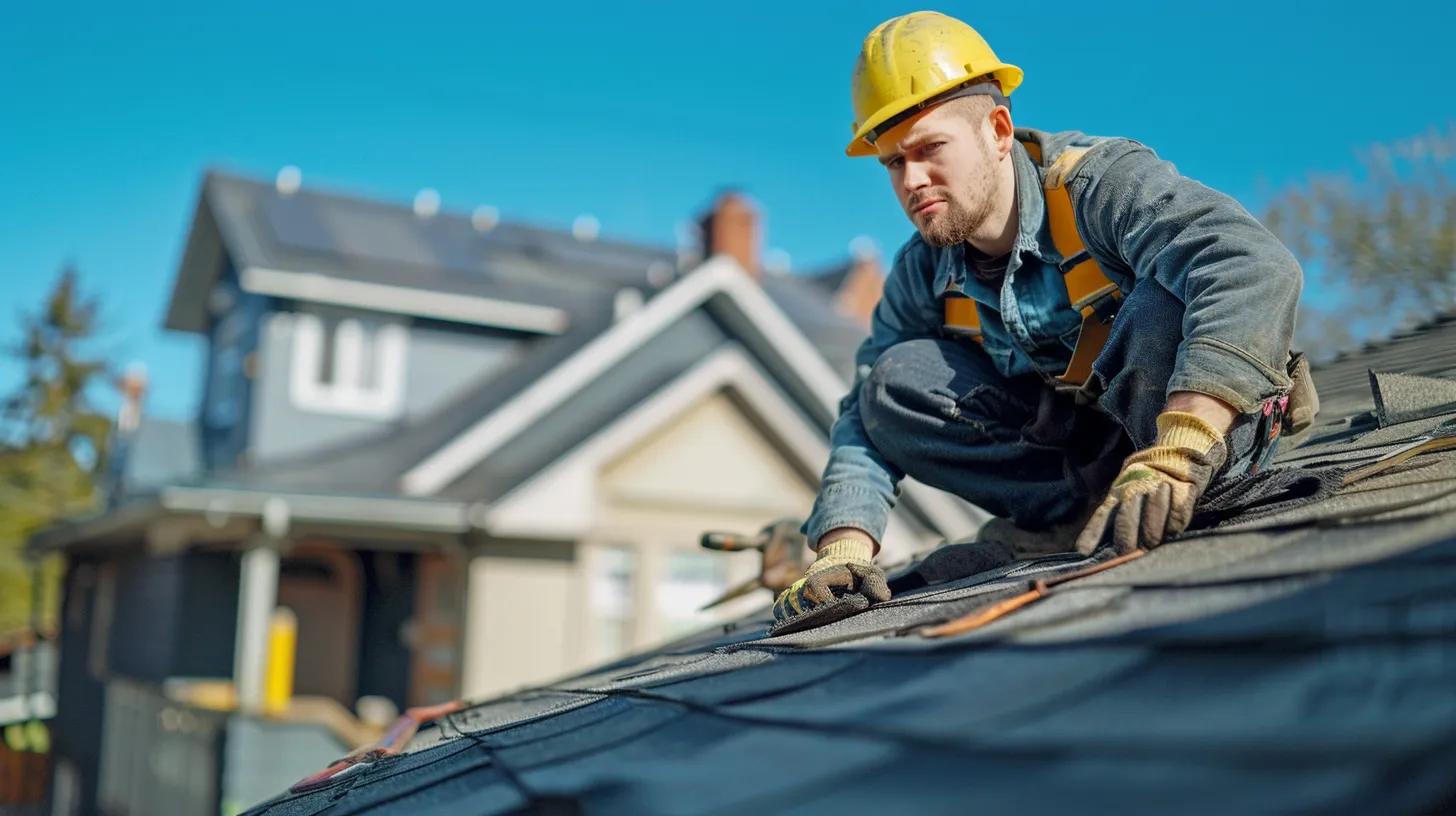
Contents: Residential Roof Repair & Maintenance GuideTable Of Contents:
- Residential Roof Repair Tips: Expert Advice for Homeowners to Identify, Fix, and Maintain Roofs
- How Can You Identify Common Roof Problems Early?
- What Are the Best DIY Residential Roof Repair Tips?
- Which Roofing Materials Are Best for Residential Repairs?
- How Can Regular Roof Inspections and Maintenance Prevent Costly Repairs?
- What Are the Typical Costs and Insurance Considerations for Roof Repairs?
- How Do You Choose a Reliable Roofing Contractor for Residential Repairs?
- What Are the Most Effective Preventative Measures to Avoid Roof Damage?
- Table: Comparison of Roofing Materials
- Frequently Asked Questions
- Final Thoughts
An aging or damaged roof can lead to expensive repairs and water damage. Homeowners need clear guidance to detect issues early to ensure property safety and longevity. This article provides expert residential roof repair tips on identifying common roof problems, DIY repair guidance, and advice on choosing the right materials and contractors, including recommendations such as roofing whiteplains vendors for trusted service. For additional resources, click here to explore more advice on cost and maintenance considerations.
How Can You Identify Common Roof Problems Early?
Early detection is essential to avoid costly damage. Regular inspections for wear, missing or cracked shingles, rusted flashing, dark stains, and signs of moss or algae can help identify problems before they worsen.
What Are the Most Common Signs of Roof Damage?
Look for missing or cracked shingles, rusted flashing, and dark ceiling stains from leaks. Other signs include granule loss on asphalt shingles, sagging areas, and visible moss or algae growth on damp or shaded parts of the roof. Comparing current conditions with past photos enhances damage detection.
How Do You Find and Diagnose a RoofLeak?
Roof leaks may be found by noticing damp spots on ceilings, water stains near skylights or chimneys, and discoloration of roof decking. Trace water streams from the interior to the exterior. A garden hose test on specific roof sections can help pinpoint where water is entering, confirming the leak location for targeted repairs.
What Causes Roof Leaks and Other Damage?
Roof leaks are mainly due to weather exposure, aging materials, and improper installation. Heat, snow, and ultraviolet radiation promote degradation, while ice dams on poorly insulated roofs force water under shingles. Flexible materials like silicone or sealant may lose adhesion over time, particularly in harsh climates.
When Should You Schedule a Professional Roof Inspection?
Schedule a professional roof inspection at least once a year, ideally in spring or fall when conditions are moderate. After severe weather or if you notice early signs of damage—such as atticmoisture or deteriorated rafters—an expert evaluation can identify unseen issues and recommend timely repairs.
What Are the Best DIY Residential Roof Repair Tips?
DIY repairs can be effective for minor issues if done cautiously using correct techniques and materials to avoid further damage.
How Do You Repair a Leaking Roof Step-by-Step?
Begin by locating the leak using water tests. Remove debris from the affected area, apply roofing tar or sealant over cracks, and install a replacement shingle or flashing if needed. Reinforce the repair with a waterproof membrane and allow sufficient curing time. Always follow safety protocols and use proper tools such as a ladder, hammer, and sealant gun.
How to Replace Damaged Shingles Effectively?
Gently lift adjacent shingles with a pry bar to remove the damaged ones. Clean the area, apply roofing adhesive, and fit the new shingle carefully. Secure with roofing nails ensuring nail heads are buried to prevent water penetration. Proper overlap with neighboring shingles is critical for effective water shedding.
What Are the Signs of Damaged Flashing and How to Fix It?
Damaged flashing shows rust, separation, or curling at edges near chimneys and vents. Remove the old flashing, clean the area, and install a new piece with an adequate sealant applied along borders. Use a high-quality sealant to accommodate thermal expansion and contraction, and monitor the area for future issues.
When Is It Safer to Call a Professional Roofing Contractor?
Call a professional when damage is extensive or involves structural components. If you encounter widespread leaks, sagging roof decks, or compromised rafter integrity, expert equipment and safety measures are needed. Licensed contractors ensure repairs meet industry standards and reduce long-term risks.
Which Roofing Materials Are Best for Residential Repairs?
Choosing durable, cost-effective roofing materials depends on climate, aesthetics, and budget. The right choice ensures long-lasting performance and minimizes future repairs.
What Types of Roofing Materials Are Commonly Used?
Common materials include asphalt shingles, metal roofing, slate, tile, and wood shakes. Asphalt shingles are cost-effective and easy to install, while metal roofs offer longevity and weather resistance. Slate and tile provide aesthetic appeal and durability, and wood shakes offer a natural look but require more maintenance.
How to Choose the Right Roofing Material for Your Climate?
Material selection should consider local weather. In hot climates, reflective materials like metal or clay tiles reduce heat absorption; in colder areas, textured asphalt shingles provide insulation. In regions with heavy winds or snow, ensure materials are properly reinforced. Consult local experts for the best options based on environmental conditions.
What Are the Pros and Cons of Different Roofing Materials?
Asphalt shingles are affordable but may degrade under high ultraviolet exposure. Metal roofs are durable and fire-resistant but can be noisy during rain. Slate roofs provide elegance and long life yet are expensive and need skilled installation. Weighing advantages against costs helps homeowners balance performance and aesthetics.
How Much Do Roofing Materials Cost for Repairs?
Costs vary widely. Asphalt shingles can range from $80 to $150 per square (100 square feet), metal roofing from $150 to $350, while slate and tile are premium options typically above $500 per square. Request multiple estimates and consider lifecycle costs, including maintenance and potential insurance benefits.
How Can Regular Roof Inspections and Maintenance Prevent Costly Repairs?
Regular inspections and maintenance extend roof life by catching issues early, reducing repair costs, improving energy efficiency, and preventing water damage.
Why Are Roof Inspections Important for Homeowners?
Inspections identify early signs such as missing shingles, flashing damage, or atticmoisture build-up. They prevent minor issues from evolving into major repairs by ensuring proper drainage, underlayment, and ventilation are maintained.
What Should a Comprehensive Roof Inspection Include?
A thorough inspection includes examining shingle condition, flashing integrity around roof penetrations, gutter functionality, and signs of water damage. Inspectors also assess the underlayment and atticventilation and detail any areas requiring cleaning or repair.
What Are Essential RoofMaintenance Tips to Extend Roof Life?
Routine maintenance includes cleaning gutters and downspouts to avoid water backup, clearing debris, and reapplying sealant where needed. Trim overhanging branches that may damage the roof during storms and inspect the roof after severe weather for any emerging issues.
How Do Gutters and Flashing Affect Roof Health?
Gutters and flashing direct water away from the roof and foundation. Proper maintenance of these components prevents water pooling and material deterioration, which in turn protects the roof from leaks and subsequent damage.
What Are the Typical Costs and Insurance Considerations for Roof Repairs?
Understanding repair costs and insurance policies helps homeowners budget effectively. Costs vary based on materials, labor, and damage extent, while insurance can help cover repairs if certain conditions are met.
How Much Does Residential Roof Repair Usually Cost?
Minor repairs, such as patching leaks or replacing a few shingles, can cost between $300 and $1,000. Extensive work, including structural repairs or complete roof replacements, may exceed $10,000. Obtaining multiple estimates ensures competitive pricing.
What Factors Influence Roof Repair Pricing?
Pricing depends on the roof’s age, material, and the severity of damage, as well as local labor rates and accessibility issues. Weather-related damage and underlying structural deterioration also impact costs, so consider these factors when comparing estimates.
How Can Homeowners Use Roofing Insurance for Repairs?
Roofing insurance may cover repairs due to natural disasters, vandalism, or aging if policy requirements are met. Document roof damage with photos, review policy details, and file claims promptly. Experienced contractors can help navigate insurance claims for a smoother process.
How to Get Transparent Estimates From Roofing Contractors?
Request written estimates that clearly outline material, labor, and service charges. Compare at least three bids, check contractor references, and ensure proper licensing and insurance to avoid surprises in final pricing.
How Do You Choose a Reliable Roofing Contractor for Residential Repairs?
Selecting a trustworthy roofing contractor is key for safe and lasting repairs. Verify experience, credentials, and customer reviews while comparing quotes and service guarantees.
What Questions Should You Ask a Roofing Contractor?
Ask about their experience with similar repairs, estimated timelines, warranty details, and whether they offer free inspections. Inquire about safety protocols, insurance coverage, and past project examples to gauge their professionalism.
How to Verify Credentials and Reviews of Roofing Professionals?
Check for licensing, certifications, and insurance. Look for online reviews, request client references, and consult local consumer agencies. Social media endorsements and testimonials can provide additional insights into reliability and work quality.
What Are the Benefits of Hiring Local Roofing Experts?
Local experts understand regional weather, building codes, and material availability. They can respond quickly in emergencies and provide solutions tailored to local conditions, often leading to competitive pricing and sustainable practices.
How to Prepare for a Roof Repair Appointment?
Before the appointment, clear areas around the house, secure pets, and inform family members about the scheduled work. Review contractor estimates and prepare a list of questions. Document the current roof condition with photos for future reference or insurance claims.
What Are the Most Effective Preventative Measures to Avoid Roof Damage?
Preventative care, including regular cleaning, timely repairs, and seasonal inspections, is vital to avoid extensive damage such as leaks, ice dams, and structural deterioration.
How Can Homeowners Prevent Ice Dams and Winter Roof Damage?
Ensure proper attic insulation and ventilation to maintain consistent roof temperature. Remove snow promptly with a roof rake, check gutter function, and use heat cables if needed to reduce ice dam formation and potential meltwater damage.
What Role Do Gutters Play in Protecting Your Roof?
Gutters channel water away from the roof and foundation. Keeping them clean and properly installed ensures rain and melting snow do not back up under shingles, preventing water-related damage.
How Often Should You Clean and Inspect Your Roof?
Homeowners should inspect roofs at least twice a year, ideally in spring and fall, and after severe storms. Routine gutter cleaning and debris removal help maintain peak functionality and early detection of emerging issues.
What Are Sustainable Roofing Options for Long-Term Durability?
Consider materials like metal, recycled shingles, and clay tiles for their durability, energy efficiency, and recyclability. These options offer superior resistance to weather extremes and contribute to better insulation, reducing long-term maintenance needs.
Table: Comparison of Roofing Materials
Before choosing a roofing material, review this summary table comparing key attributes:
| Roofing Material | Durability (Years) | Cost per Square (USD) | Maintenance Required | Climate Suitability |
|---|---|---|---|---|
| Asphalt Shingles | 15-30 | $80 – $150 | Moderate; periodic sealant renewal | Suitable for mild to moderate climates |
| Metal Roofing | 40-70 | $150 – $350 | Low; occasional cleaning | Ideal for hot, storm-prone regions |
| Slate | 50-100 | Above $500 | Low; specialized installation | Excellent for cold climates, high durability |
| Clay/Tile | 50-100 | Variable | Minimal; periodic inspections | Best for hot climates, reflective properties |
This table summarizes key properties, helping homeowners select the best option for their needs.
Frequently Asked Questions
Q: How often should homeowners inspect their roofs?
A: Inspect roofs at least twice a year and after severe storms to catch minor damages early.
Q: What are the most common DIY roofrepairs?
A: Common repairs include patching leaks, replacing damaged shingles, and resealing flashing. Major repairs should be handled by professionals.
Q: How can I prevent icedams from forming on my roofduring winter?
A: Ensure adequate attic insulation, maintain clean gutters, and remove heavy snow promptly.
Q: What factors significantly impact roofrepair costs?
A: Factors include the roof’s age, materials, extent of damage, and local labor rates.
Q: When should I call a professional roofing contractorinstead of attempting DIY repairs?
A: Call a professional if there is significant structural damage, widespread leaks, or if specialized equipment is required.
Final Thoughts
Regular inspections, prompt repairs, and appropriate material selection are essential for a healthy, durable roof. Proactive maintenance prevents costly damage and extends your roof’s lifespan. By following these expert tips and working with reliable professionals, homeowners protect their investment and enjoy peace of mind knowing their roof remains secure.

